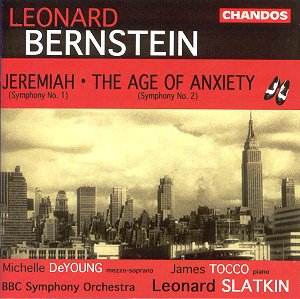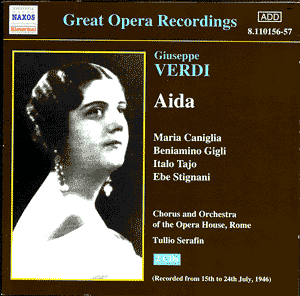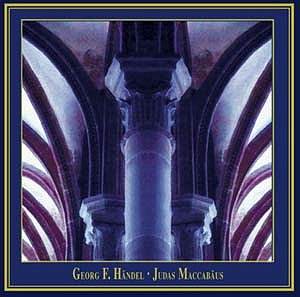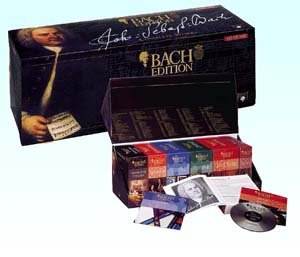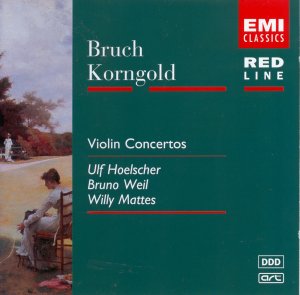 Composer: Erich Wolfgang Korngold
Composer: Erich Wolfgang Korngold
Works: Violin Concerto, Much Ado About Nothing – Suite, Theme and Variations
Performers: Ulf Hoelscher (violin), Radio Orchester Stuttgart/Willy Mattes (Korngold), Bamberg SO/Bruno Weil (Bruch)
Recording: 1974 ADD (Korngold), 1983 DDD (Bruch)
Label: EMI
Erich Wolfgang Korngold, a pivotal figure in the evolution of 20th-century music, is often celebrated for his ability to navigate the realms of both serious concert music and film scoring. His Violin Concerto, a work that embodies a lush, Romantic language infused with the influences of the composer’s Hollywood years, stands as a testament to his mastery of orchestration and melodic invention. This recording presents not only the Korngold concerto but also Max Bruch’s famed Violin Concerto No. 1, a staple of the Romantic violin repertoire, thereby creating an intriguing juxtaposition of styles and historical contexts that highlight the emotive power of the violin across different eras.
Ulf Hoelscher’s interpretation of Korngold’s Violin Concerto is particularly noteworthy for its fiery intensity and lyrical eloquence. From the opening bars, Hoelscher’s playing is marked by an aggressive yet controlled energy, reminiscent of a ‘jaguar’ in its ferocity. He navigates the concerto’s demanding passages with both technical prowess and a deeply expressive tone, establishing a performance that is both commanding and nuanced. The orchestral backing from Willy Mattes and the Radio Orchester Stuttgart, while not of the top-tier ilk, provides a solid foundation that allows Hoelscher’s virtuosic lines to soar. The ensemble exhibits an impressive cohesion, particularly in the lush, romantic slow movement, where the interplay between soloist and orchestra is marked by a palpable sense of dialogue.
Bruch’s Violin Concerto No. 1, performed under the baton of Bruno Weil with the Bamberg Symphony Orchestra, offers a contrast to the Korngold in both style and emotional palette. Hoelscher’s interpretation here is equally captivating, exhibiting a ‘gutsy rip and slash’ that captures the youthful exuberance and inherent lyricism of the work. The performance is characterized by a thrilling intensity that balances bravura with heartfelt expression, particularly in the second movement’s poignant melody, where Hoelscher’s tone is both rich and tender. The comparison with other notable recordings, such as Heifetz’s legendary version, reveals Hoelscher’s ability to create a more intimate dialogue with the orchestra, eschewing the more overpowering tendencies of some of his predecessors.
The recording quality is commendable, with the analogue sound treating Hoelscher’s violin voice with remarkable warmth and clarity. The remastering of these performances allows for a vivid listening experience, where the textures of both orchestras come through clearly without sacrificing the detail of the soloist’s playing. The Korngold pieces, while lighter in character, are performed with a playful yet refined touch, particularly in the ‘Garden Scene’ from Much Ado About Nothing, where the shaping of the musical lines is executed beautifully. The ‘Theme from the Theme and Variations,’ featuring a solo violin presumably played by the orchestra’s leader, emerges with a delicate charm that complements the more robust works.
The final assessment reveals a disc that not only showcases the considerable talents of Ulf Hoelscher but also shines a light on two significant works in the violin repertoire. Korngold’s and Bruch’s compositions resonate with emotional depth and sophistication, making this recording a valuable addition to any serious collection. Hoelscher’s interpretations, characterized by a unique blend of aggression and lyricism, remind listeners of the vitality that continues to emanate from these works, reaffirming their place in the concert hall. This disc, an artifact of a particular revival in Korngold’s fortunes, deserves renewed attention for its artistic merit and the fervent performances that breathe life into this compelling repertoire.
